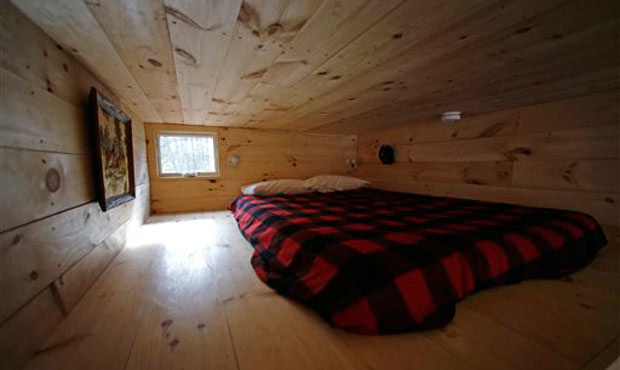What to do when no comparable sales surface
Sep 2, 2015, 10:09 AM | Updated: Mar 4, 2016, 5:46 am
How do you determine the fair market price of a home?
Typically, an appraiser or a group of real estate agents visit the property, check the prices of comparable homes in the neighborhood, weigh the condition of the home against those that have sold, then assign a value for the home based on that research.
Then, potential buyers weigh that value and offer more or less than the original starting point. Once the house is exposed to the market, the buyers comprising that market usually dictate what price will be paid for the property. The price derived from the market analysis usually is only a starting point that professionals suggest to a client.
Strategies can change in a hot market. Some sellers, knowing that homes have been bid up in some neighborhoods, assign a significantly higher listing price to the home, hoping a buyer would be willing to pay a similar price for a comparable home in the neighborhood. Other sellers set their asking price far below comparable sales, or “comps”, in order to spark competitive bidding that would send the eventual contract price to a level deemed satisfactory by the seller. There are obvious risks to both strategies.
Yet, sometimes, there is just nothing available to serve as a “comp.” For example, appraisers often are stymied with a custom log homes not only on acreage but also in neighborhoods. There simply are very few log homes around in most areas to give a seller an accurate yardstick.
A couple of years ago, Richard Dorsey, a veteran agent, chose a hybrid bidding-war strategy in an attempt to ascertain fair market value for a 1,560 square-foot fixer-upper that needed a ton of work. He listed the home for $210,000 in a neighborhood where homes had been selling for $335,000-$500,000.
The result? Fifty offers – all cash with no contingencies.
“The house was in such poor condition – the worst I’d seen in 35 years in the business,” the agent said. “It was such a deplorable mess that there was no way I could put a price on it.”
The bidding began at $210,000 – giving little value to the four-bedroom, two-bath rambler while assigning most of the value to the land. About eight days and 50 envelopes later, the winning bid checked in at $280,000 – $70,000 more than the original listing price.
“I didn’t anticipate we’d have 50 offers, maybe a dozen or 15,” Dorsey said. “I think it was a sign of how many people will make an all-cash offer with no contingencies if it means a place to live.”
Predictably, all sorts of potential purchasers came to the table – investors, real estate agents, first-time buyers. Dorsey received several deals stating specific deadlines, yet he held his ground and considered all offers on the same day. The eventual purchasers remodeled the home and use it as their primary residence.
The home, built in 1966, had no occupants for the past 18 months yet was far from empty. Old carpets, an old chest-type freezer, collectables from decades of a pack-rat existence packed the home to an almost overwhelming level.
“You could say it was overwhelming because everything had to be done,” Dorsey said. “It needed a roof, there was mold on many of the walls. No appraiser or lender would sign off on it, so it had to be a cash deal.”
Not only was it a cash deal, but buyers were also told no property disclosure form (commonly known as Form 17) would be provided. The owner of the property had been living in an assisted care facility for months and her daughter, a San Francisco Bay Area resident, did not want to be held accountable for a property she knew nothing about.
“I thought the place could be worth somewhere in the vicinity of $320,000 after some serious work,” Dorsey said. “The cost of the work was all over the place – some people said $100,000 easy while others said they would put $60,000 into it, then turn around and sell it.”
Today, agents say affordable homes – houses priced below the median price range for each geographic area – are so scarce that the homes usually sell “word-of-mouth” or become the target of a bidding war similar to the action on the fixer home. This shortage is having an overall impact on housing sales, agents contend, causing a significant increase in prices in the more affordable market.
Given the number of people chasing the few homes for sale, competition will continue to be intense.
New book: Follow real estate agent and basketball coach Ernie Creekmore as he attempts to solve another murder – this time a “helicopter” parent constantly prodding his star athlete son. Tom Kelly’s “Hovering Above a Homicide” is now in print and E-book form. Get a signed copy at TomKelly.com or purchase at bookstores everywhere and online.










